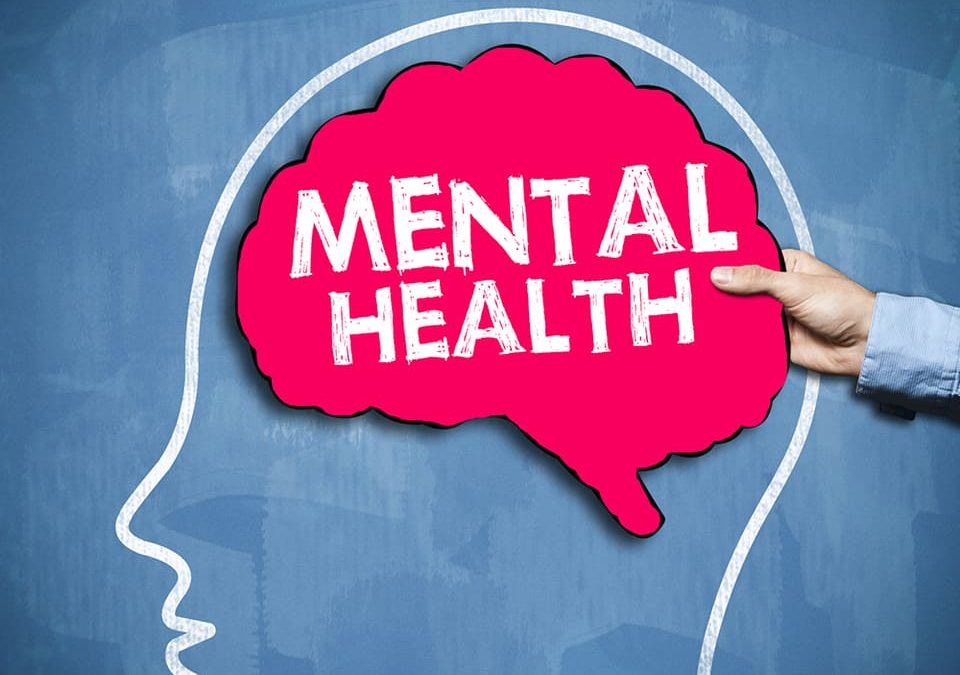By Agatha Christie Akello
What is the first thing that comes to your mind when someone says “mental health”?
Do you take a deep sigh of concern and think Butabika? Depression? Rich kids who can’t get a grip? Spiritual battles? Or do you acknowledge that it is an important aspect of your life and listen for ways to better it?
While the buzz gets louder every day, little has been done to realise a society that positively perceives mental health. It is one thing to say “mental health is real, be kind” after a celebrity dies by suicide, and another to be intentional about your emotional, behavioural and psychosocial wellbeing.
Therefore, you need to understand and internalise the fact that mental health is a good thing that encompasses your wellbeing. Mental illness on the other hand, constitutes a wide range of conditions that affect your mood, thinking and behaviour. There has been, of recent, a hyper focus on illnesses – and although it is enlightening, it is also the reason why many believe that mental health is synonymous with depression, pain and suffering, but it is not.
What is important for us to understand though is that none of us is immune to mental illnesses. You are one bad experience away from changing the trajectory of your thought process.
You can start by perceiving mental health as an integral part of your wellbeing and nurture it daily. I believe the way we continue to combat malaria (by sleeping under a mosquito net, clearing bushes around the home etc.) can offer valuable insights for mental illnesses and in turn, curb the rising suicide rates among youth.
After close to five years of being a passionate mental health activist, I have learnt that leading a preventative lifestyle is effective towards nurturing a healthy mind. With the tips below, you are a step closer to improving your mental wellbeing:
Self-awareness. Cliché as it is, knowing who you are to a large extent will guide a lot of the things you hear, read, watch and internalise; all of which are essential to nurturing a healthy mind. You need to make time for self-reflection and honestly answer the simple yet deep question – how are you? A good way to start is setting aside time during your day to journal. Scribble your thoughts like they belong to you. Take note of your thought patterns. Pay extra attention to the way situations make you feel. How do you respond to adversity?
Learn how to manage stress. This is dynamic because different strokes for different folks. However, if you do not learn how to deal with things head on, they will deal with you! Unmanaged stress is the bedrock of some mood disorders like depression. Learn how to positively nip pain in the bud. Having learnt who you are as a person, what healthy ways can you let off steam? Talking to trusted friends, exercise and incorporating a routine are some of the ways I manage stress. Find what works for you and build on it.
Build a community. I have been seeing this question a lot on my X timeline. “What has greatly improved your mental health?” For me it is community. I know we front individualism as the way to live, but having a supportive group of friends and family who simplify life for you is a very big win! Look around you, who is actively concerned about your wellbeing? Who constantly shows support even when you don’t solicit it? These are people you can start growing a supportive community with. Reciprocate the little yet grand gestures and slowly nurture relationships that can celebrate and lift you up.
Start therapy. No, it is not reserved for privileged people. If you have access to the internet you are more advantaged than 80% of Ugandans. Therapy offers informed and practical tools to incorporate in your life and ensure you are healing, loving and living right. Think of it as taking your car for service except your mind is the vehicle, or speaking to a friend who is trained to listen to you and share perspectives you could have been overlooking. Butabika offers free mental health care services. Safe Places has affordable rates and Uganda Christian University has a counselling center that is free for students as long as you have an ID. You can start once every few months and build from there.
My hope is that we all start caring for our brains like the vital organ it is. Not only will embracing mental health ensure a stable young population that works towards its potential, it will also reduce the stigma directed towards sufferers.

Agatha Christie Akello is a writer, mental health activist and creator of the Popcorn Thoughts podcast. She can be found at @akellosworld on Instagram and X.


